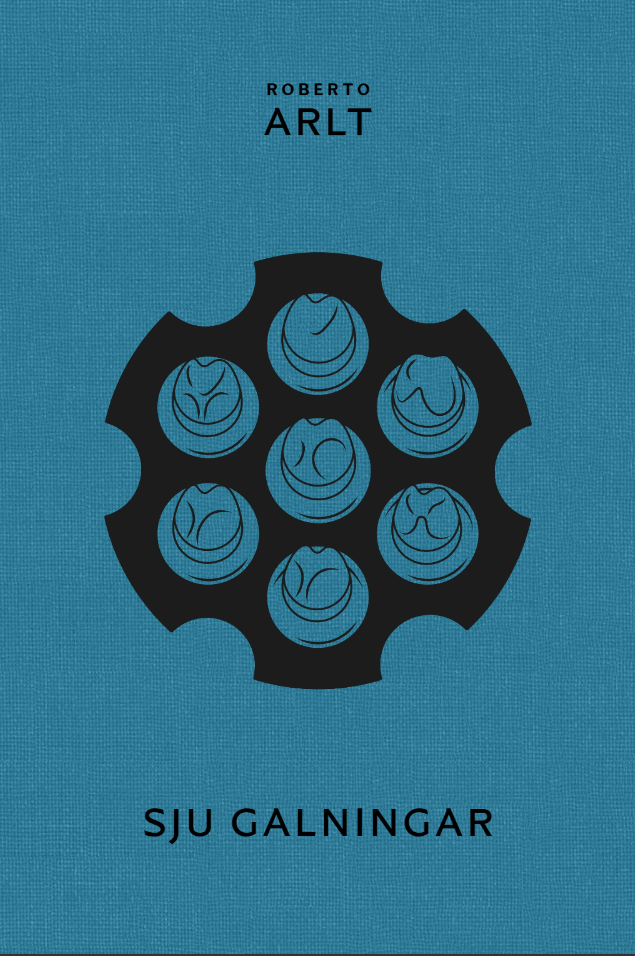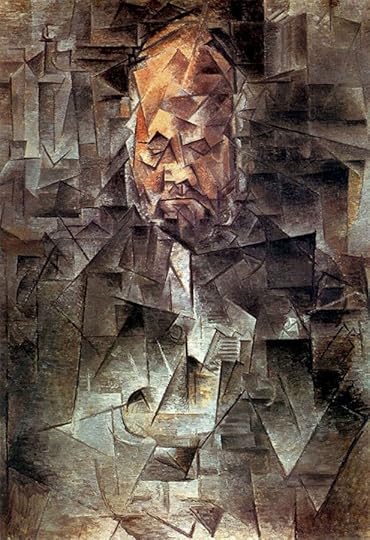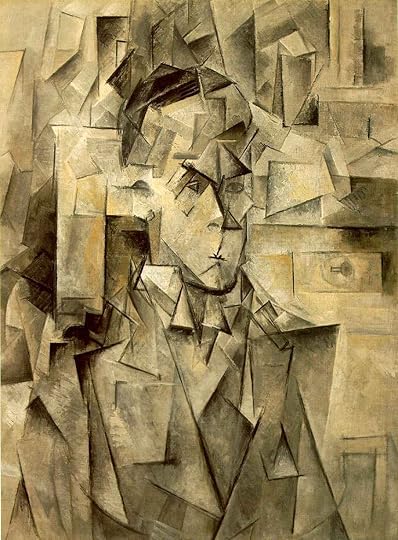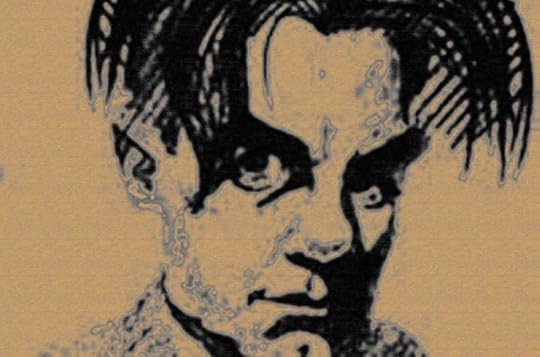What do you think?
Rate this book


348 pages, Hardcover
First published October 1, 1929
Who is going to make the social revolution if it’s not the swindlers, the wretched, the murderers, the cheats, all the scum that suffer here below without the slightest sign of hope? Or do you reckon it’s the penpushers and the shopkeepers who are going to make the revolution?
“The strength of our society won’t depend so much on what its members donate as on the earnings from the brothel each cell will run.”
He couldn't help imagining a great, fresh new world. Mankind would live in perpetual simple celebration, fireworks would spangle the night sky with showering red stars, an angel with pale green wings would skim the cloud crests, and under the leafy arches of the woods men and women would wander about in white tunics, their hearts free of all the vile slime that now coated his own.
“The thing is, we’re carriers of suffering. One time I thought it floated airborne… it was a silly idea; really we’re the carriers of our own sickness.”







“Who is more heartless, a brothel owner or the shareholders of a large company?”
“Erdosain himself was trying to puzzle out why there was such a huge void inside him, a void that engulfed his consciousness, leaving him incapable of finding the words to howl out the eternal suffering he felt.”
